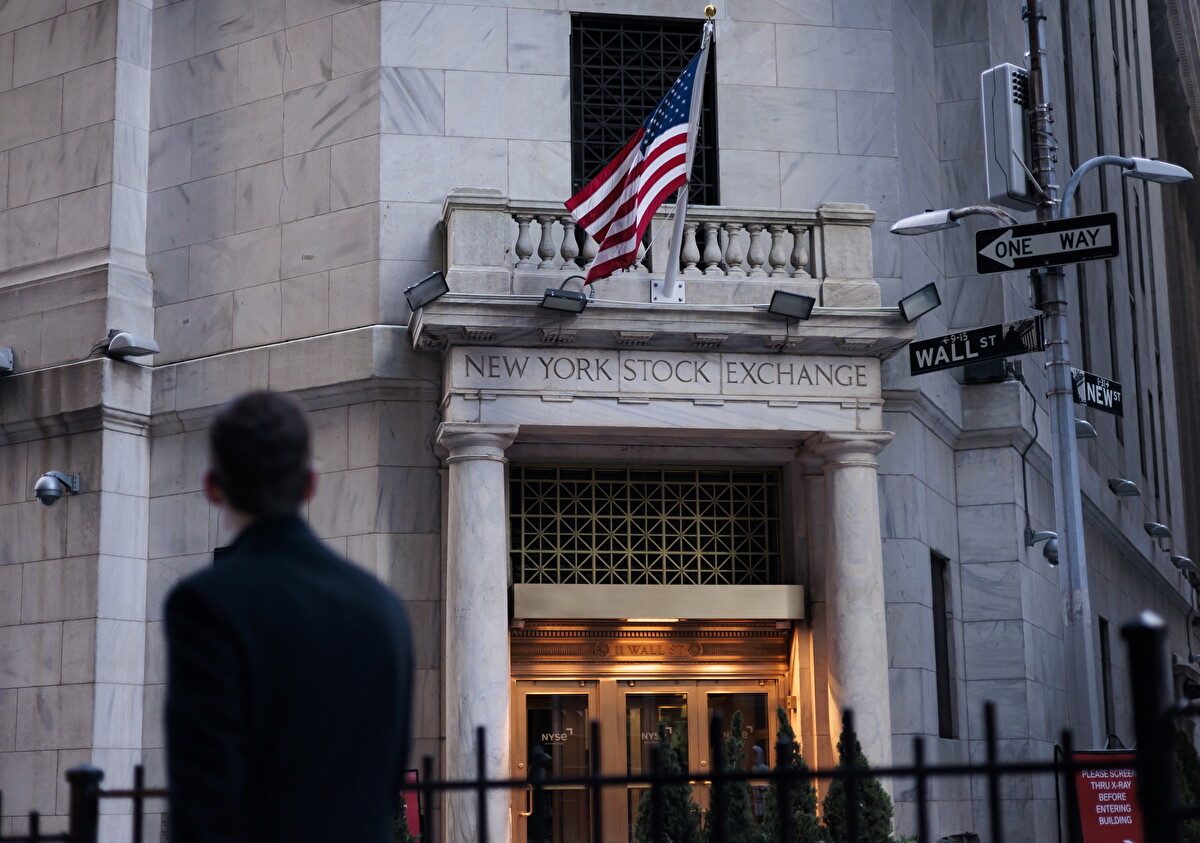Recently, the Kremlin has gone noticeably quiet. Nearly 24 hours after Ukrainian President Volodymyr Zelensky said he was ready to meet Russian President Vladimir Putin in Istanbul this Thursday to revive peace negotiations, Moscow has yet to issue any official response. The only remarks have come from Kremlin spokesman Dmitry Peskov, who carefully avoided confirming whether Putin would accept the invitation.
Russia “has taken note of the positions expressed,” Peskov told reporters Monday morning. “It is now up to diplomacy to evaluate the next steps.” He added that “the proposal [for a summit in Turkey] was received with understanding and support by several world leaders, including Trump and Erdoğan.” But there was no comment on whether Putin plans to travel to the Turkish metropolis.
In recent days, Putin had suggested that direct talks could resume as early as Thursday, May 15, but made clear he would only consider halting hostilities if a face-to-face meeting with Zelensky were part of the process.
Under pressure from the White House, Zelensky responded by pushing for a new summit at the same venue where Russia and Ukraine last held formal negotiations. A return to Istanbul would be hugely symbolic. Between late March and April 2022, two rounds of talks were held there. The Russian delegation was led by Kremlin aide Vladimir Medinsky; the Ukrainian side by lawmaker and Zelensky adviser David Arakhamia.
By mid-April of that year, the two sides had drafted a framework agreement that ultimately went nowhere. The contents of the document, revealed two years later by the Wall Street Journal, called for Ukraine’s permanent neutrality, a ban on joining NATO, steep reductions in the country’s armed forces, restrictions on foreign weapons supplies, and explicit security guarantees from the United States, the United Kingdom, France, and China.
Furthermore, Ukraine would not have been required to formally recognize Russia’s annexation of Crimea, but it would have had to pledge not to attempt to retake the peninsula by force — effectively acknowledging Russian control. The status of the Donbas region was to be resolved in a future summit between Putin and Zelensky.
Kyiv ultimately walked away, fearing the deal was a strategic ploy. “It felt like a trap,” Arakhamia later said. “They just wanted to buy time to regroup.” The situation further deteriorated after Zelensky visited Bucha on April 4, shortly after Ukrainian forces liberated the town and uncovered mass graves filled with civilians allegedly killed during the Russian occupation.
Since then, Turkish President Recep Tayyip Erdoğan’s offers to mediate have gone largely unanswered. A second set of talks took place that summer, but only concerned a separate and short-lived agreement allowing the export of Ukrainian grain. By 2025, negotiations had resumed indirectly, this time under Saudi mediation and with U.S. backing. A diplomatic path that, according to observers, did not sit well with Erdoğan, who has sought to reclaim a central role.
Meanwhile, leaders in Germany, France and Britain have made clear that any new negotiating platform hinges on a tangible gesture from Moscow. In a joint stance, German Chancellor Friedrich Merz, French President Emmanuel Macron and UK’s Prime Minister Keir Starmer have called for a 30-day ceasefire to take effect by Monday, warning that without it, “no credible basis for dialogue” can exist and further sanctions would be inevitable.
“You can’t speak to Russia in the language of ultimatums,” Peskov replied, pushing back against the European demands while insisting that “diplomatic channels remain under consideration.”











